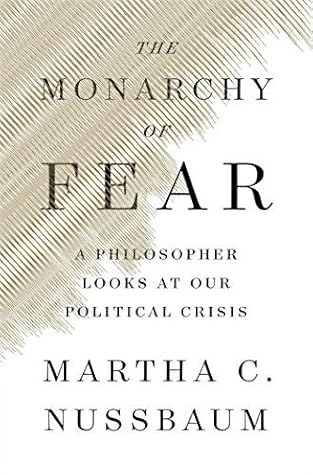More on this book
Community
Kindle Notes & Highlights
Read between
August 6 - August 7, 2018
Philosophy, as I’ve said, is a gentle discipline. It approaches people with respect for their full humanity, and is in that sense a form of love.
This is the stuff of nightmare. Most of us have nightmares of helplessness, in which we try to run away from some terrible danger, but our legs won’t move, or we try to scream but no sound comes out, or nobody hears it. In those nightmares we feel a terrible fear of the bad people or monsters who are pursuing us, but an even greater fear, and maybe also hatred, of our own powerlessness. But this horror story is also the unremarkable daily life of every human baby.
Babies are so weak that they must either rule or die.
Through stories, songs, and games, enacting stories happy and scary with stuffed animals, dolls, and other toys, children make a map of the world’s possibilities and of the insides of other people. They start to become capable of generosity and altruism. Winnicott always emphasized the ethical and political role of the arts, which continue, for adults, the healthy role of play in the young child’s life.
(Judeo-Christian pictures of divine anger imagine God as loving humans and as deeply vulnerable to their misdeeds.)
The problem, however, is that in losing fear we also lose love. The basis of both is a strong attachment to someone or something outside our control.


